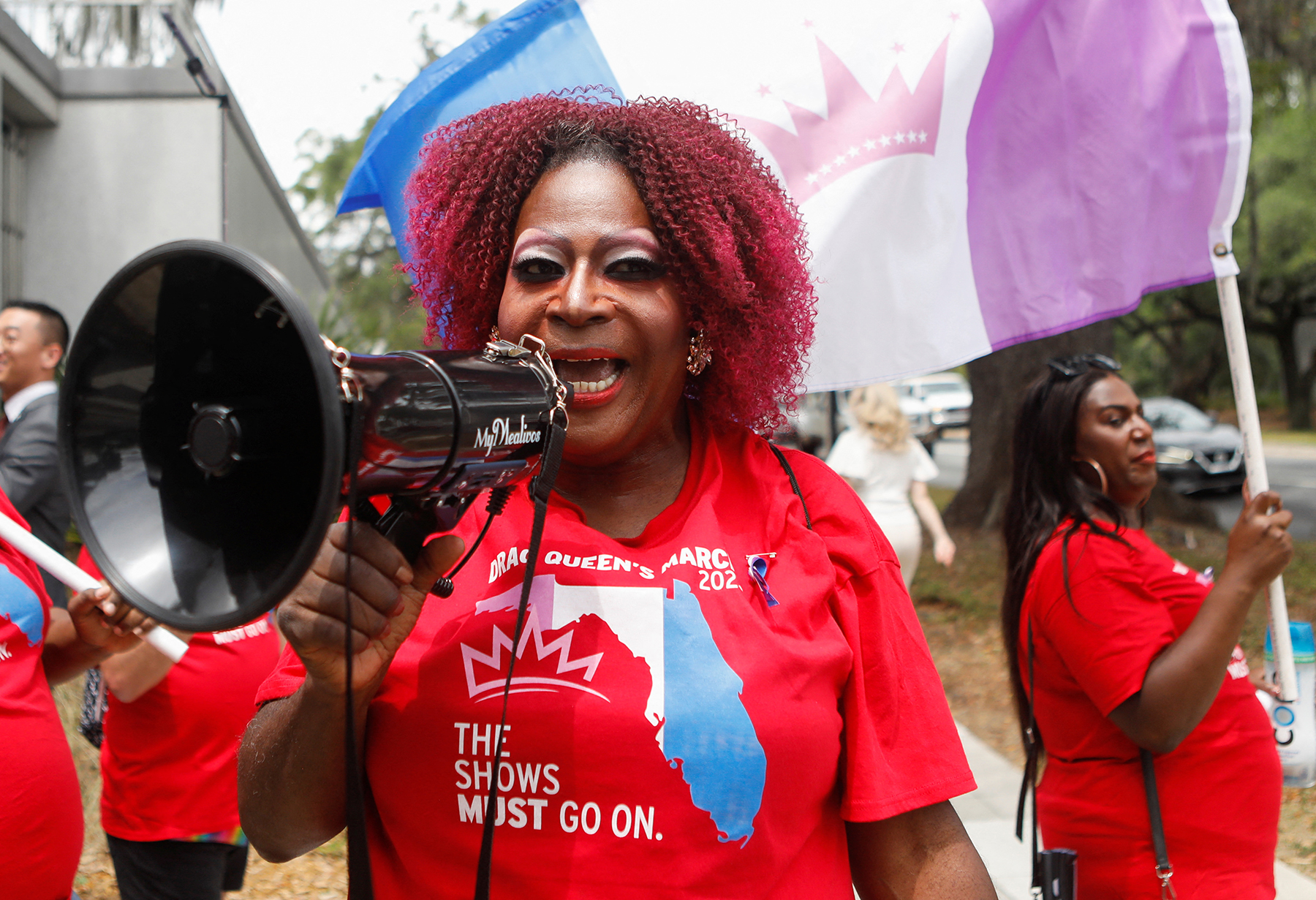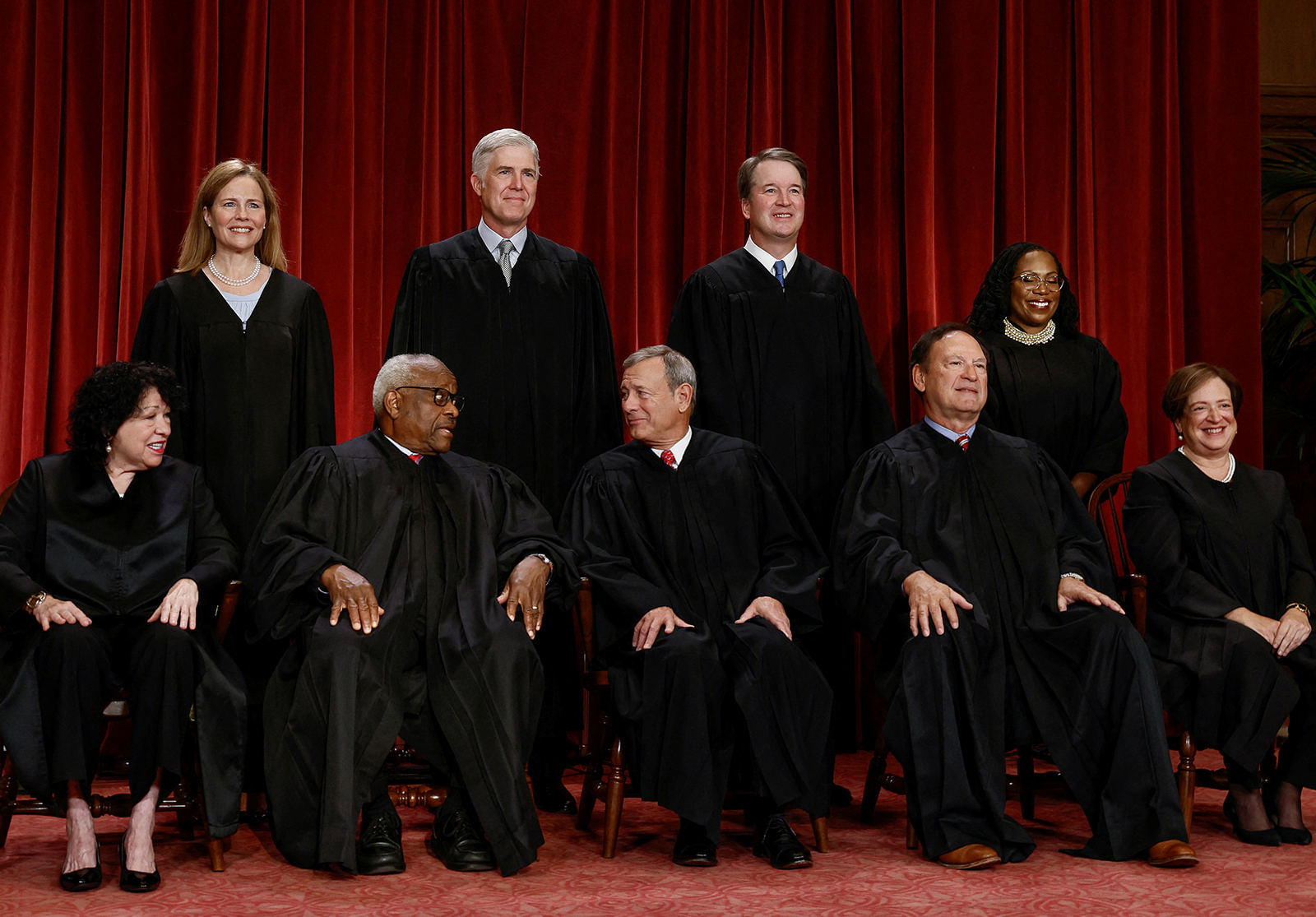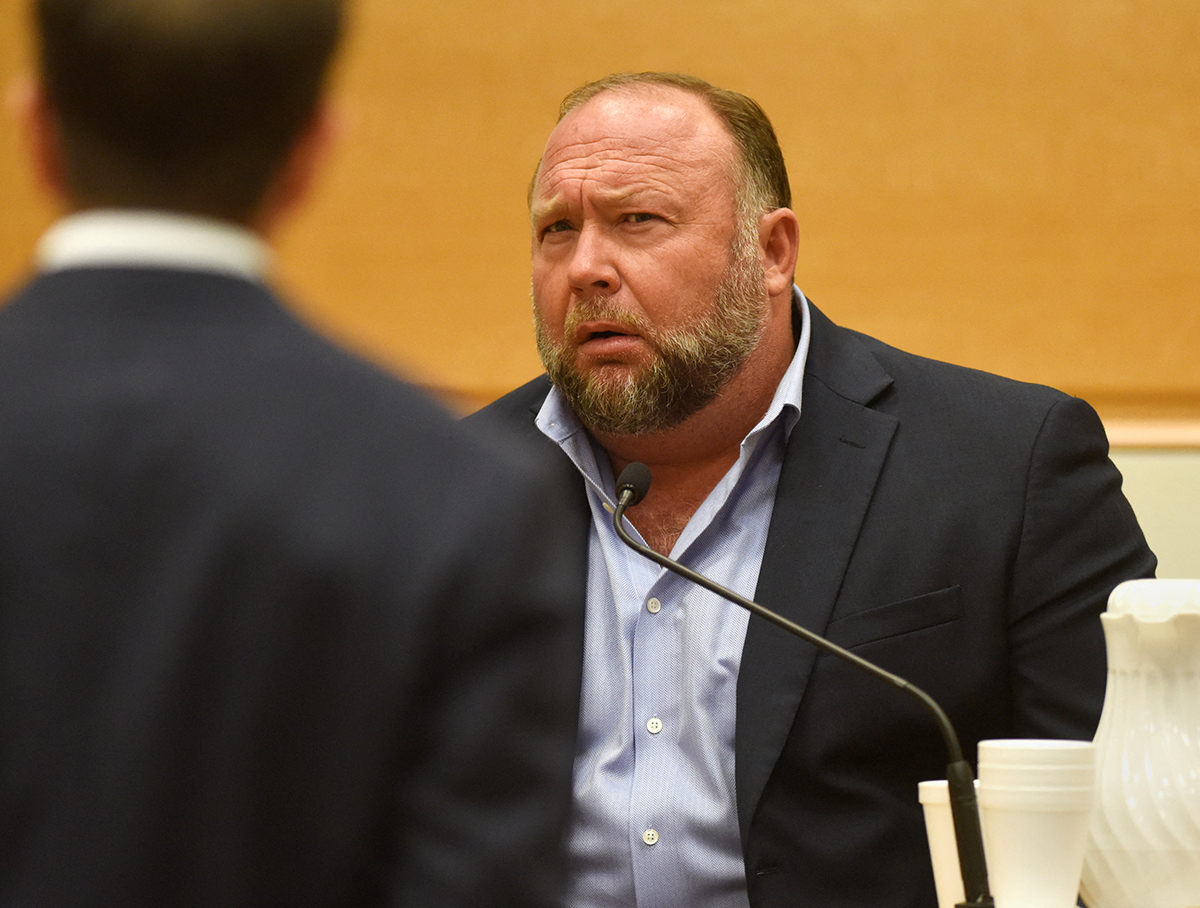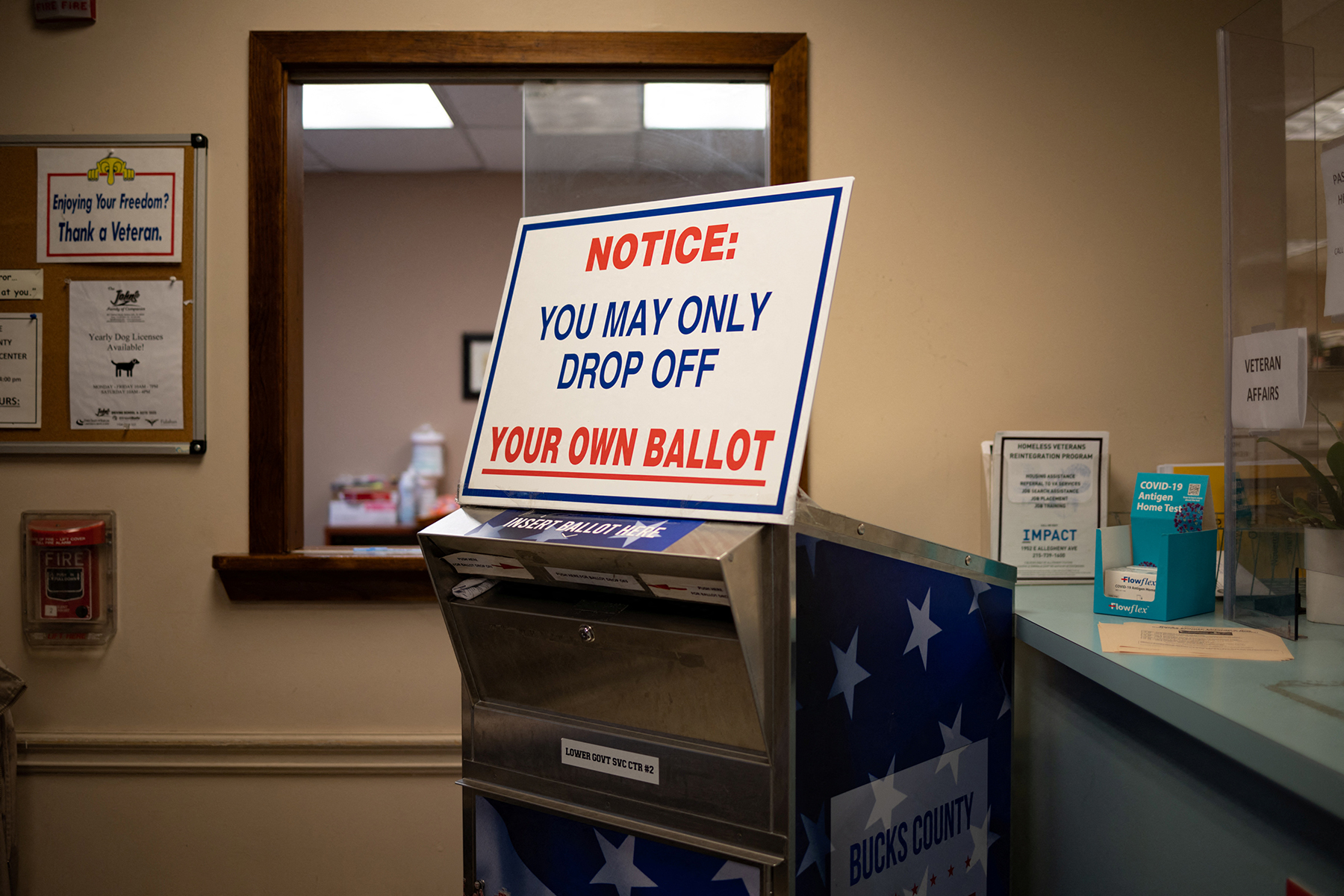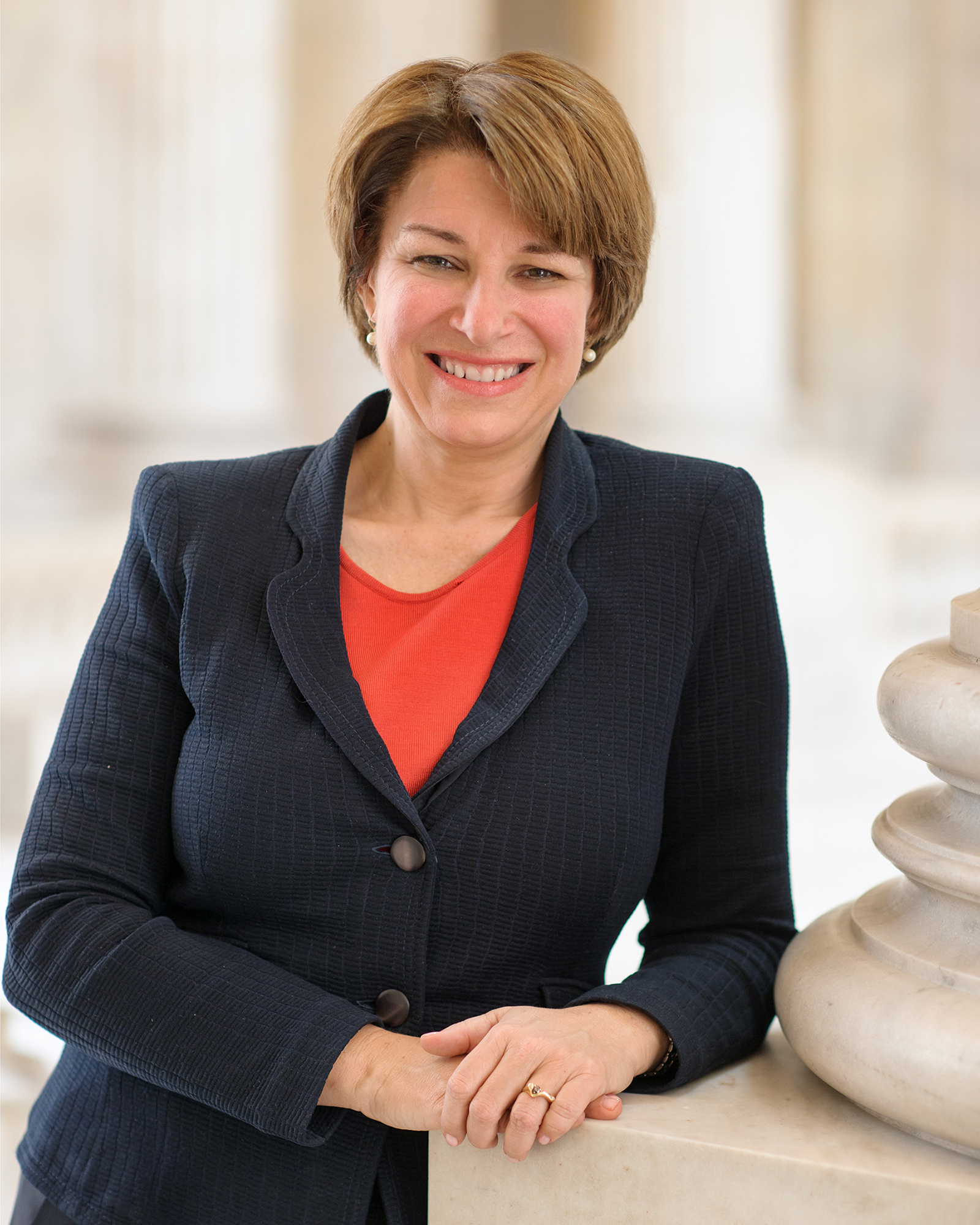Colorado Judge Rejects Trump’s Attempt to Toss Lawsuit Seeking to Bar Him From Ballot
A Colorado judge rejected former President Donald Trump's attempt to dismiss a lawsuit seeking to keep him off the state ballot, ruling that his free-speech objections did not apply.
Florida Law Targeting Drag Shows Can’t Be Enforced For Now, Appellate Court Says
A ruling prohibiting the enforcement of a new Florida law targeting drag shows will stay in place for the time being, according to a federal appeals court decision.
TikTok and Creators Challenging Montana’s Ban Face Off With State in Federal Court
TikTok and Montana faced off in federal court on Thursday in a case filed by the video sharing app and five content creators who want the court to block the state’s ban on the platform.
Supreme Court Declines to Hear Case Seeking Reconsideration of Defamation Protections
The Supreme Court declined to hear a case requesting the reconsideration of the “actual malice” standard as applied to public officials in media defamation cases.
Prosecutor Seeking Testimony from Alex Jones in Georgia Election Interference Case
A Georgia prosecutor is seeking to call GOP Chair Ronna McDaniel and conspiracy theorist Alex Jones as witnesses in the trial of two defendants in the election interference case.
ACLU Sues a Tennessee City Over An Anti-Drag Ordinance
The American Civil Liberties Union of Tennessee filed a federal lawsuit on Friday against a Tennessee city that passed an ordinance banning drag performances from public property.
Appeals Panel Won’t Revive Lawsuit Against Tennessee Ban on Giving Out Mail Voting Form
Judges have decided not to revive a challenge of a Tennessee law that makes it a felony for anyone other than election officials to distribute absentee ballot applications.
Lawmakers Question Meta and X on Rules Against AI-Generated Political Deepfakes
Two Democratic members of Congress sent a letter Thursday to CEOs of Meta and X expressing “serious concerns” about the emergence of AI-generated political ads on their platforms.

